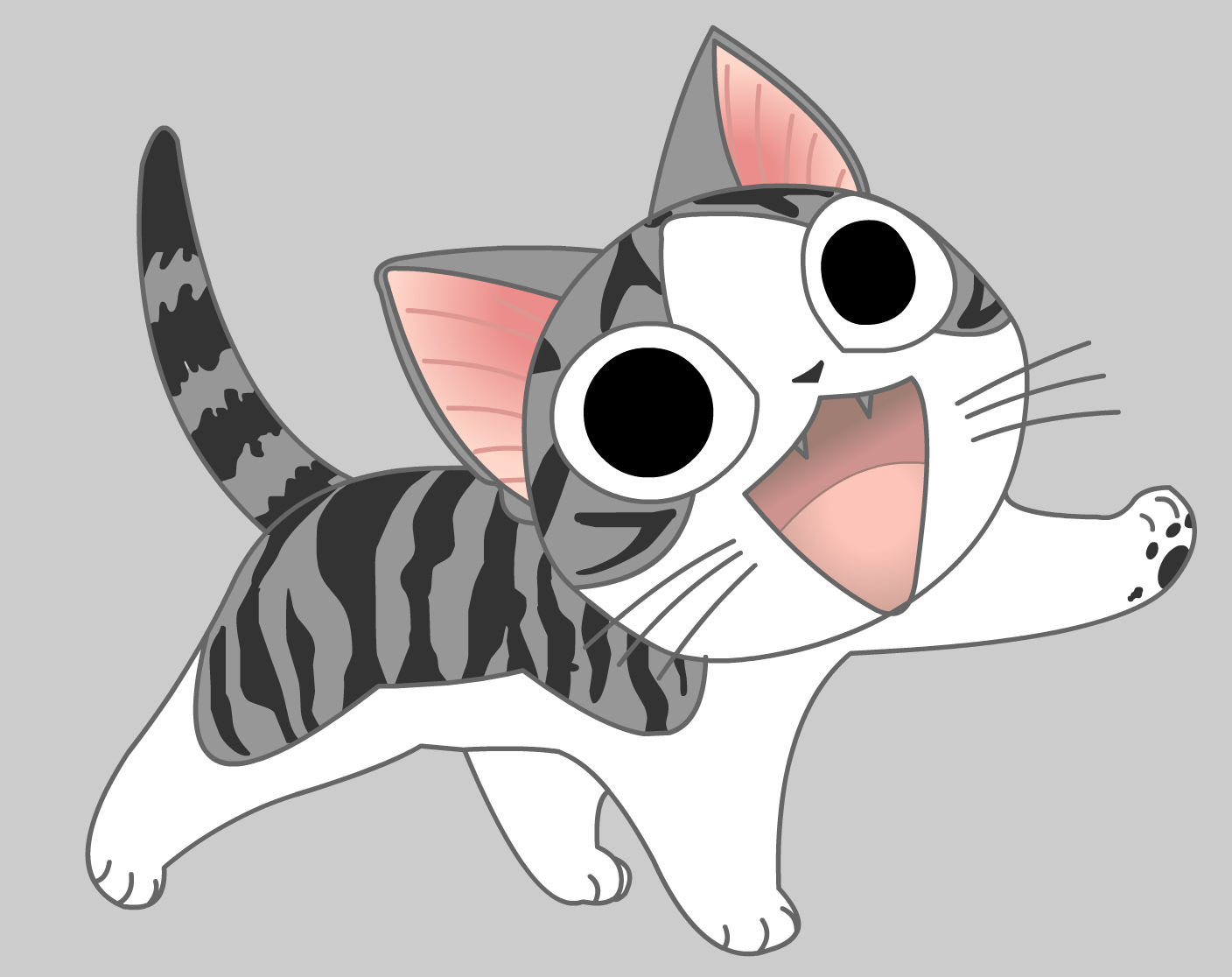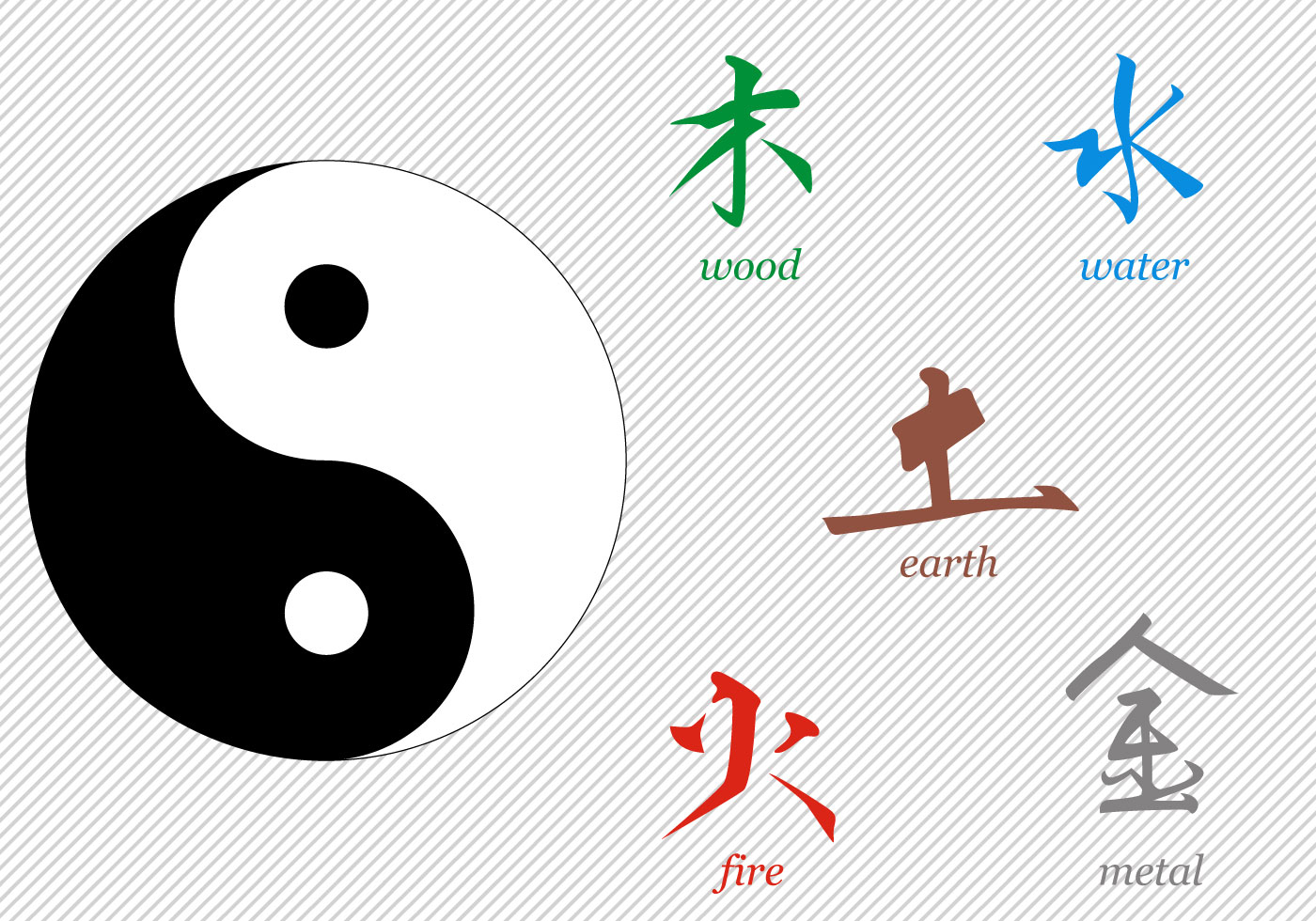Unraveling 'Chi Chi Liquor': What 'Chi' Really Means For Your Vitality Today
Have you, perhaps, heard the phrase "chi chi liquor" and wondered what it truly means? It's a rather interesting combination of words, isn't it? Many people, you know, are curious about terms that sound a bit mysterious, especially when they touch on well-being or ancient concepts. So, in some respects, this phrase might spark a thought about something that could either give you energy or, you know, perhaps take it away.
Well, to be honest, when we talk about "chi," we are stepping into a very different kind of space than anything you'd find in a glass. Chi, or sometimes spelled qi or ki, is basically a deep, vital idea from traditional Chinese culture. It's not a drink at all; it's a profound concept, something that truly impacts how you feel and live your day to day life, which is pretty significant.
So, what we're going to do here is really clear up any confusion you might have. We'll explore the true essence of 'chi'—that vital life force recognized as the balance of yin and yang, which flows through everything in creation. And, by the way, we'll certainly touch on why the "liquor" part of "chi chi liquor" doesn't quite fit with what chi actually is, as a matter of fact.
Table of Contents
- What is Chi? The Core of Life's Energy
- Chi in Practice: Ancient Wisdom for Today's Well-being
- Tai Chi and Qigong: Moving with Your Chi
- Traditional Chinese Medicine (TCM) and Chi
- Understanding the "Liquor" in "Chi Chi Liquor": A Clarification
- Improving Your Chi: Practical Steps for More Energy
- Frequently Asked Questions About Chi
What is Chi? The Core of Life's Energy
The simple definition of chi, you know, is life force, or energy. It's not a physical thing you can hold or, like, measure with a cup. Rather, chi is not a substance but a power—very much like an electric current that lights a bulb, for example. It's an invisible force, yet its presence, or its flow, can be deeply felt, which is quite fascinating.
This energy, chi, is basically the Chinese word for breath. On the physical level, it is the raw air we breathe in and out, revitalizing us and keeping us alive, you see. But it goes so much deeper than just breathing; it's the very energy of life itself, recognized as the balance of yin and yang, which means male and female, positive and negative, or electromagnetic energy, for that matter.
It flows through everything in creation, apparently. This concept is pretty central to how we understand health and vitality in many ancient traditions. The character for chi (氣) itself gives you a hint of its depth, combining symbols for steam and rice, suggesting a kind of nourishing, pervasive vapor, if you can imagine that. So, it's really about this fundamental, animating force that keeps things going.
Whether it’s the quiet hum of a healthy body or the vibrant energy of nature, chi is always at play, you know. It's this continuous flow that helps us feel balanced and alive. When this energy is flowing smoothly, we generally feel good, but when it's blocked, well, that's when issues can start to pop up, which makes sense, right?
So, the idea is that this life energy is always moving and changing. It's a dynamic force, not something static. And, in a way, understanding this movement is key to understanding ourselves and our health. It's a concept that, you know, has been explored for thousands of years, and it's still incredibly relevant today, actually.
Chi in Practice: Ancient Wisdom for Today's Well-being
Now, this concept of chi isn't just some abstract idea; it has very practical applications. In this latest circle of chi article, we explore the origins of chi and its role in practices like tai chi gung, TCM, and qigong, which are really important. These practices are all about working with your chi to improve your overall well-being, which is pretty neat.
Tai Chi and Qigong: Moving with Your Chi
Tai chi and qigong are, like, gentle forms of exercise that focus on slow movements, deep breathing, and meditation. The peaceful dragon, for instance, offers tai chi and other Chinese internal martial arts, yoga, meditation, qigong, shaolin kung fu, and shuai chiao (Chinese grappling), which is quite a range. These practices are designed to help you cultivate and move your chi, you know, making it flow more freely through your body.
Visit the website of taiji matthews to get more details on my tai chi and chi gong classes for customers in Charlotte, NC. These classes are all about learning how to direct your chi, which can have major impacts in how you feel and live your day to day life, honestly. It's about finding that internal rhythm, that quiet strength, that really makes a difference, you know.
Whether you're a beginner or looking to deepen your practice, these movements are meant to harmonize your energy. They help to clear out any stagnation, allowing your life force to circulate without hindrance. It's a way of, you know, nurturing your inner self and finding a sense of calm in a busy world, which is pretty valuable, I think.
These ancient arts are, in some respects, like a moving meditation. They teach you to be present, to feel the energy within you, and to guide it with intention. So, it's not just about physical exercise; it's about connecting with that deeper part of yourself, that vital chi, which is really quite profound.
Traditional Chinese Medicine (TCM) and Chi
Chi also plays a absolutely central role in Traditional Chinese Medicine (TCM). Here's what you need to know about the traditional Chinese medicine term: it views health as a state where chi flows smoothly and is balanced throughout the body. When chi gets stuck or becomes deficient, that's when health problems can start to appear, you know.
Acupuncture, herbal medicine, and dietary therapy are all TCM practices that aim to restore the proper flow and balance of chi. They work on the principle that by supporting your chi, you're supporting your body's natural ability to heal itself, which is a powerful idea. It's about addressing the root cause, not just the symptoms, in a way.
This ancient system recognizes that chi, or qi, energy can have major impacts in how you feel and live your day to day life. So, when a practitioner looks at your health, they're always considering the state of your chi. They're trying to figure out where the energy might be blocked or where it might be weak, and then they use various methods to help get it back on track, which is pretty clever, actually.
It's a holistic approach, considering the whole person—mind, body, and spirit—as interconnected. Because, you know, if one part of your system is out of whack, it can affect your chi, and then that can affect everything else. So, it's all about bringing things back into harmony, which is a good goal to have, right?
The wisdom of TCM, you know, really emphasizes prevention and maintaining balance before issues even arise. It's a very proactive way of thinking about health. And, for instance, understanding your own chi patterns can help you make better choices for your daily well-being, which is pretty empowering, I think.
Understanding the "Liquor" in "Chi Chi Liquor": A Clarification
Now, let's get back to that phrase, "chi chi liquor." Given everything we've talked about, it's pretty clear that chi, as a life force or energy, is not something you drink. Chi is not a substance, like a liquid or, you know, an alcoholic beverage. It's a power, an invisible flow, completely different from anything you'd find in a bottle, basically.
So, if you've heard the term "chi chi liquor," it's probably a misunderstanding or perhaps a playful, metaphorical use of the word. There isn't a traditional "chi chi liquor" that embodies the life force in a drinkable form, as a matter of fact. The concept of chi is far too subtle and pervasive to be contained in such a way, if that makes sense.
It's important to separate the energetic concept of chi from any physical product, especially something like liquor. While some might jokingly refer to something that gives them a burst of energy as "liquor" in a very loose sense, it doesn't align with the true meaning of chi. Chi is about internal cultivation and flow, not external consumption, you know.
Perhaps, you know, the confusion comes from how some products might use the word "chi" in their branding, like the "Chi original ceramic flat iron" or, for instance, the popular TV show "The Chi season 7 finale doesn't go out quietly and it pulls the rug out from under nearly every character," or even the question, "Curious to discover if the chi season 8 has been renewed or canceled." These uses of "Chi" are brand names or titles, completely separate from the life force concept, obviously.
So, when you hear "chi chi liquor," you should probably think of it as a phrase that needs a little clarification. The real "chi" is about the breath of life, the energy that animates us, and it's certainly not something you'd find at a bar, which is pretty straightforward, really.
Improving Your Chi: Practical Steps for More Energy
Since chi is so vital to how you feel and live your day to day life, many people want to know how to improve it. However, there is an easy way to understand what chi is and twelve ways to improve health and energy, which is pretty helpful. These aren't about finding a "chi chi liquor," but about nurturing your own internal energy system, you know.
One simple step, for instance, is to focus on your breath. Since chi is simply the Chinese word for breath, practicing deep, conscious breathing can significantly boost your energy. It's a very direct way to bring more vital air into your system and, in a way, refresh your internal landscape, which is pretty amazing.
Engaging in practices like tai chi or qigong, as we discussed, is another powerful way. These movements help to unblock energy pathways and promote a smooth flow of chi throughout your body. You can learn more about gentle energy practices on our site to get started, which is pretty convenient.
Also, paying attention to what you eat and how you live your daily life really matters. Nourishing foods, adequate rest, and managing stress all contribute to healthy chi. It's about creating an environment where your energy can thrive, basically. It's like, you know, giving your internal battery a good charge, which is always a good idea.
Spending time in nature can also be incredibly beneficial. The fresh air and natural surroundings can help to replenish your chi, making you feel more grounded and alive. It's a simple yet very effective way to connect with the universal life force, which is pretty cool, if you think about it.
And, you know, maintaining a positive outlook and practicing mindfulness can also influence your chi. Your thoughts and emotions have a direct impact on your energy flow. So, cultivating a peaceful mind can lead to a more harmonious chi, which is something we all want, right?
Remember, improving your chi is an ongoing journey, not a quick fix. It's about consistent, gentle effort to support your body's natural energy systems. And, as a matter of fact, it's something you can start working on today, which is pretty exciting.
Frequently Asked Questions About Chi
Here are some common questions people often ask about chi, especially when they're trying to understand this vital concept:
What is the difference between chi and physical energy?
Basically, chi is more than just the energy you get from food or exercise; it's the fundamental life force that animates all living things. It's not a substance, but a power, like an electric current that lights a bulb. Physical energy is a manifestation of chi, but chi itself is the underlying, animating force, you know, that allows your body to even use that physical energy, which is pretty deep.
Can I really feel my chi?
Many people who practice tai chi, qigong, or meditation report feeling sensations like warmth, tingling, or a flowing feeling as their chi circulates. It might take a little practice, but yes, you can actually learn to sense your own chi, or qi, energy. It's a very subtle experience at first, but it becomes more noticeable over time, which is pretty cool, actually. You can also visit The Peaceful Dragon's website to explore more about feeling your chi.
How does chi affect my health?
Chi, or qi, energy can have major impacts in how you feel and live your day to day life. When your chi flows smoothly and is balanced, you typically feel healthy, vibrant, and full of vitality. If your chi is blocked or weak, you might experience fatigue, pain, or illness. It's about the balance of yin and yang, which is pretty important for overall well-being, you know.

Vos animés du moment | Page 5 | GamerZ.be

chi is happy - Chi's Sweet Home > Chi's New Address Photo (26237237

Chi Vector Art, Icons, and Graphics for Free Download